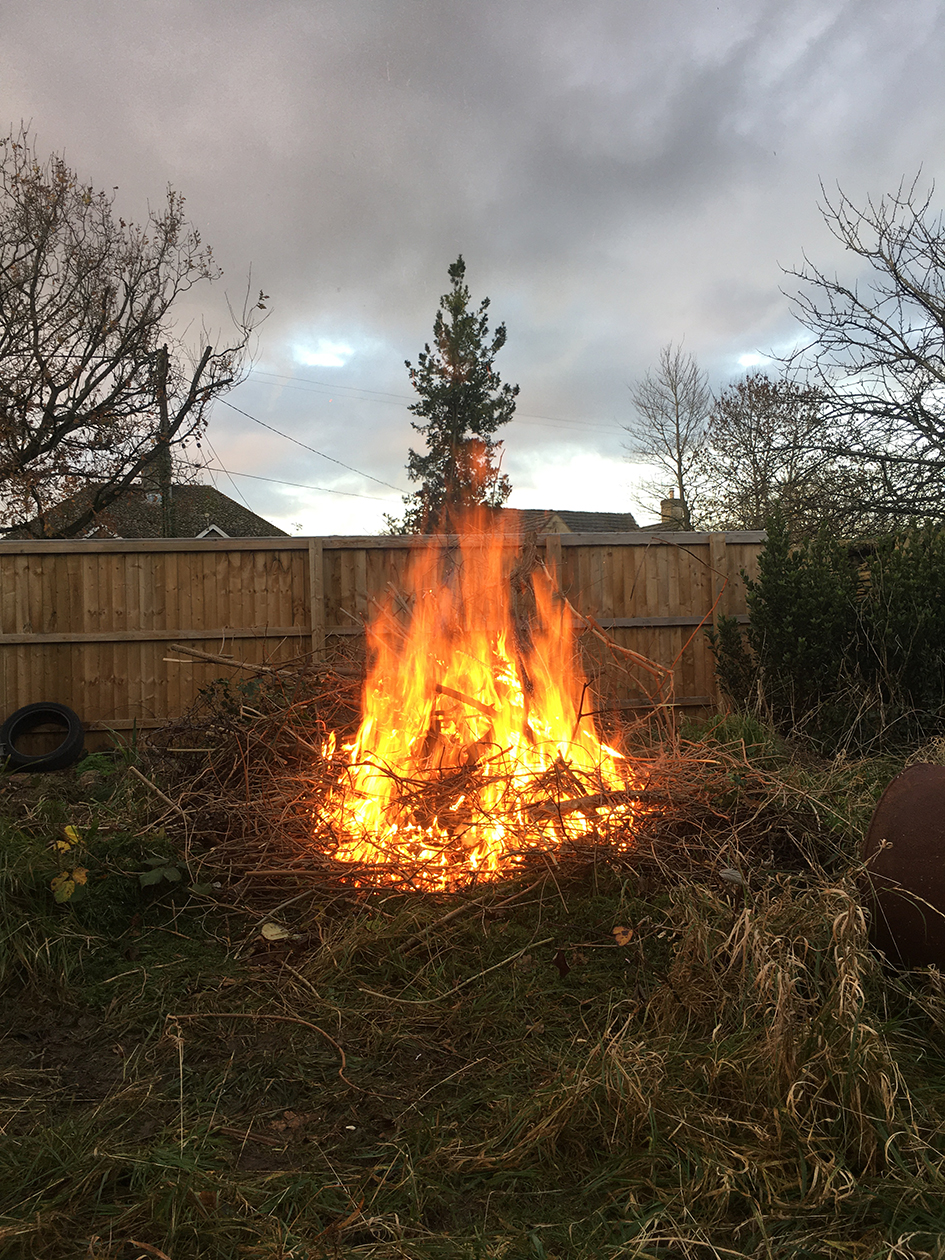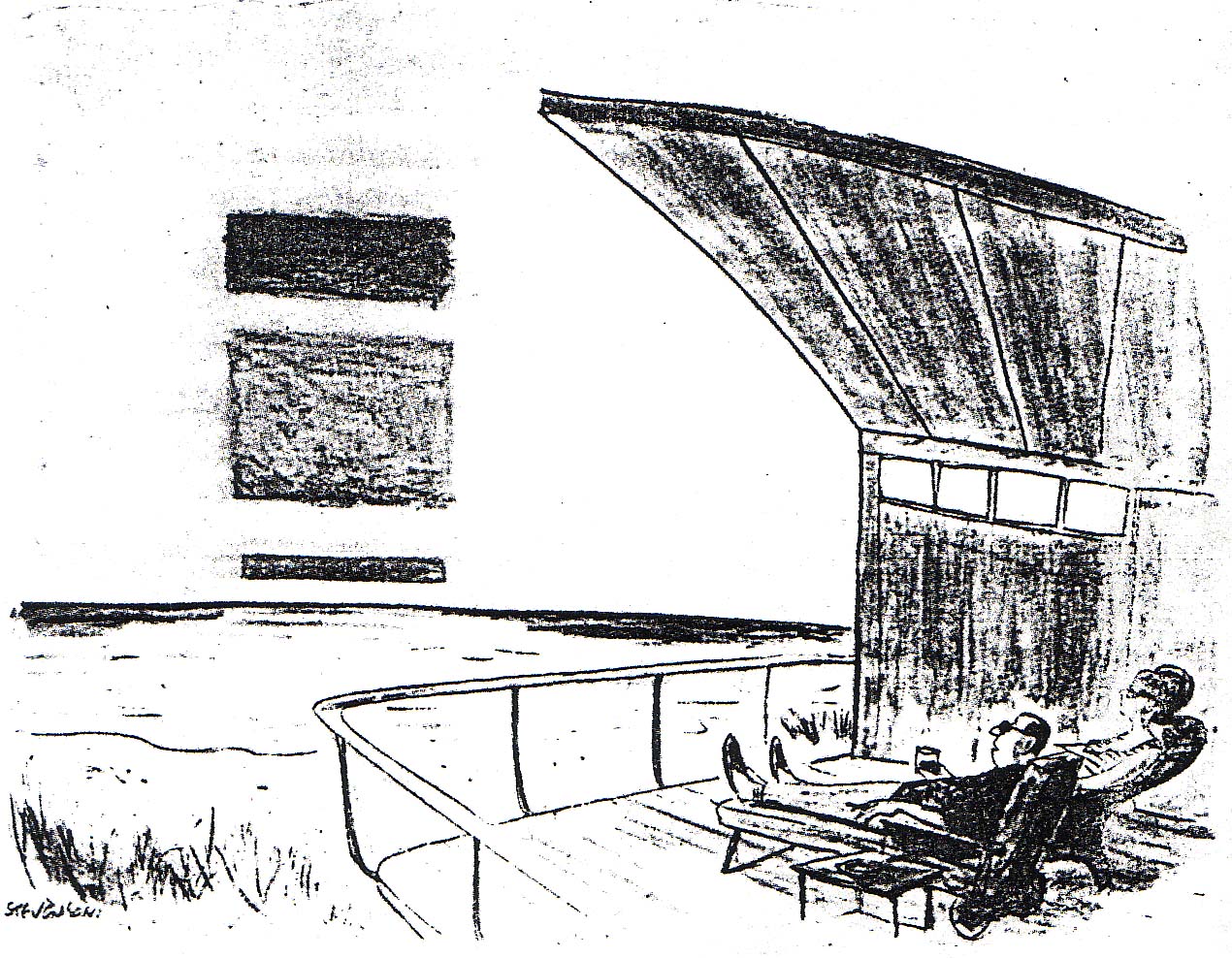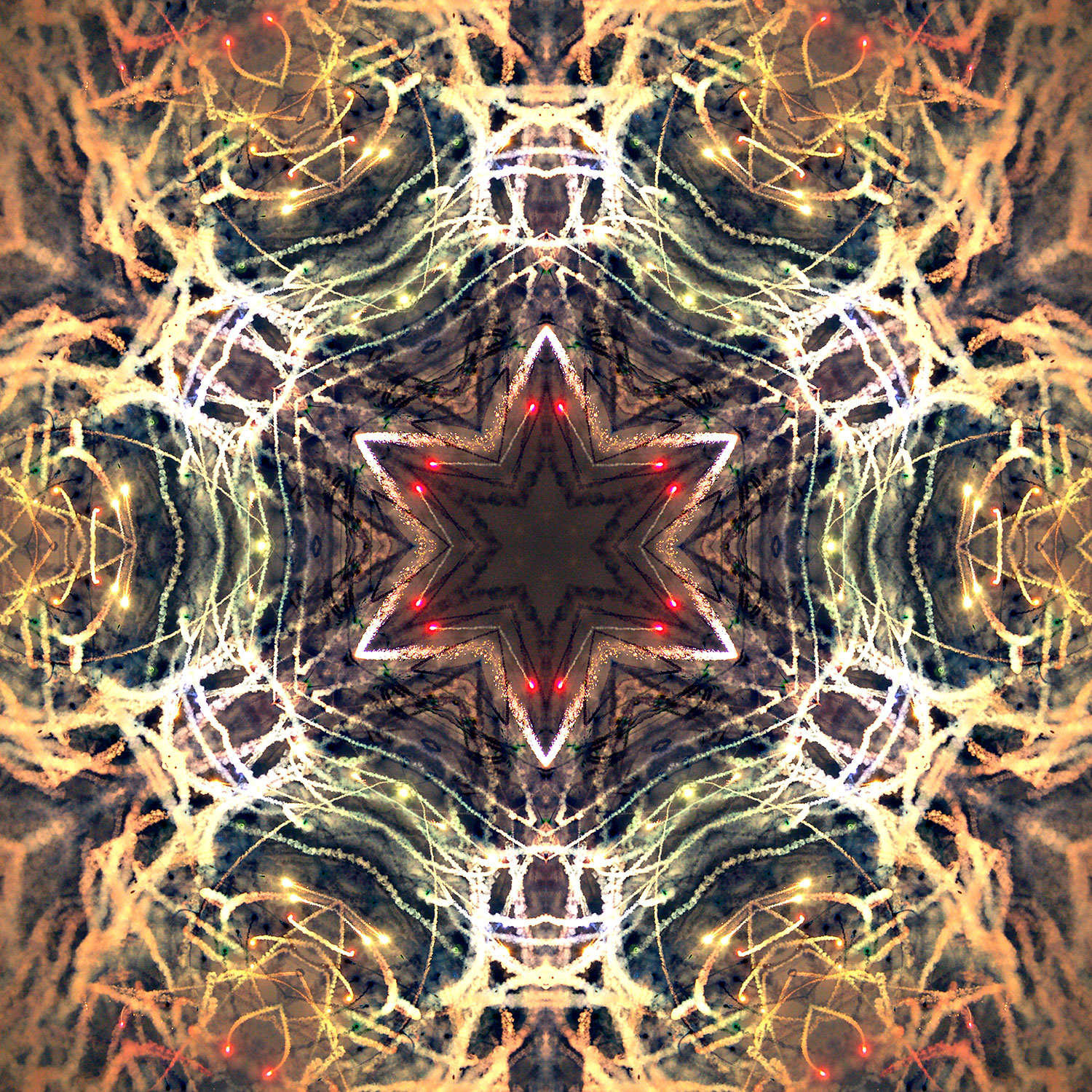But now thus says the LORD, / he who created you, O Jacob, / he who formed you, O Israel:
Do not fear, for I have redeemed you; / I have called you by name, you are mine.
When you pass through the waters, I will be with you; / and through the rivers, they shall not overwhelm you;
When you walk through the fire you shall not be burned, / and the flame shall not consume you.
For I am the Lord your God, the Holy One of Israel, your Saviour. / I give Egypt as your ransom, Ethiopia and Seba in exchange for you.
Because you are precious in my sight, / and honoured, and I love you, / I give people in return for you, / nations in exchange for your life.
Do not fear, for I am with you; / I will bring your offspring from the east, / and from the west I will gather you;
I will say to the north, ‘Give them up’, / and to the south, ‘Do not withhold; / bring my sons from far away / and my daughters from the end of the earth –
Everyone who is called by my name, / whom I created for my glory, / whom I formed and made.’
Isaiah 43:1-7
Revd Adam Beaumont, online sermon for the Gauzebrook Group, December 2020:
Isaiah was speaking some two and half thousand years ago to a people in their own kind of wilderness. The kingdom of Israel was in decline at the hands of the Assyrian Empire, and the Kingdom of Judah, as Isaiah had already prophesied, was captive in the hands of the Babylonians. God’s people were in a place of trauma, dispossessed of their land, their freedoms had been removed. All that was familiar felt distant, impossible to reach. No doubt God felt distant too, how could he let this be? What had they done to deserve it?
The past nine months have brought their own wilderness haven’t they? Yes stuck at home rather than removed from it, but certainly our freedoms are curtailed, our friends and family are beyond arm’s length. The papers report people feeling trapped and lonely, domestic abuse on the rise, agency taken away from us… this is indeed a strange land, a wilderness, a captivity, a place where hugs don’t exist and where Zoom exhausts us, a place where it is hard to find God because we are so used to meeting him in the intimacy of relationship – in fellowship rather than distance.
How does God respond? God responds through Isaiah with a chiasmus, a literary device in which the words are laid out in order, they get to a point and then are repeated again in reverse order. Why? To make a point, and not just to make it but to emphasise it, to point it out, to shout it out, to slap you round the face with it – ‘this is the thing I want you to know’, and the words leading up to it and repeated afterwards tell you why it’s true:
First, says God ‘I created you’ – not manufactured you like some kind of product, but crafted you with care into the shape you are, the thumbprint of the maker indelibly present on his work of art.
Second, ‘I set you free’ – I called you by name out of your captivity. I did this for your ancestors and I do this for you.
Third, ‘I’m with you’ – it may feel like I’m far away but it’s not true, I don’t keep a comfortable distance, I’m with you in every strange land, in deep rivers and consuming fires, and empty churches, and care homes you can’t visit, and the deep loneliness… I’m there I’m with you.
And fourth, I gave everything up for you – not only Egypt and other places in the past, do you remember? But I’m willing to give up so much more for you too, my son, my everything, for you.
And then it comes to us… after all the layers, after the rehearsing and remembering of the history of God’s people, after bringing to mind our experience of God over the millennia, we get to the point, the pinnacle the heart, the depth, the breadth of it all. All of this, all of this, is because… ||: You are precious to me, you are honoured, and I love you :|| This is no glib ‘Jesus loves you, this I know, because the Bible tells me so’. No, this is the penultimate-scene-of-the-movie stuff, this is the hero and heroine in tears in each other’s arms after they’ve been through so much together, so much trauma, so much trying to encourage each other along. They’re not home yet, but in the tears, in the sheer depth and intimacy of the love they experience they just know that it’s going to be OK. These are words for a people in captive exile, words for a people in a wilderness of their own: commit them to memory, meditate upon them.
I created you, I freed you, I’m with you, I gave up everything for you, because you are precious, and honoured, and I love you.
Header image: Advent Burning, 2020, by Sheona Beaumont,



